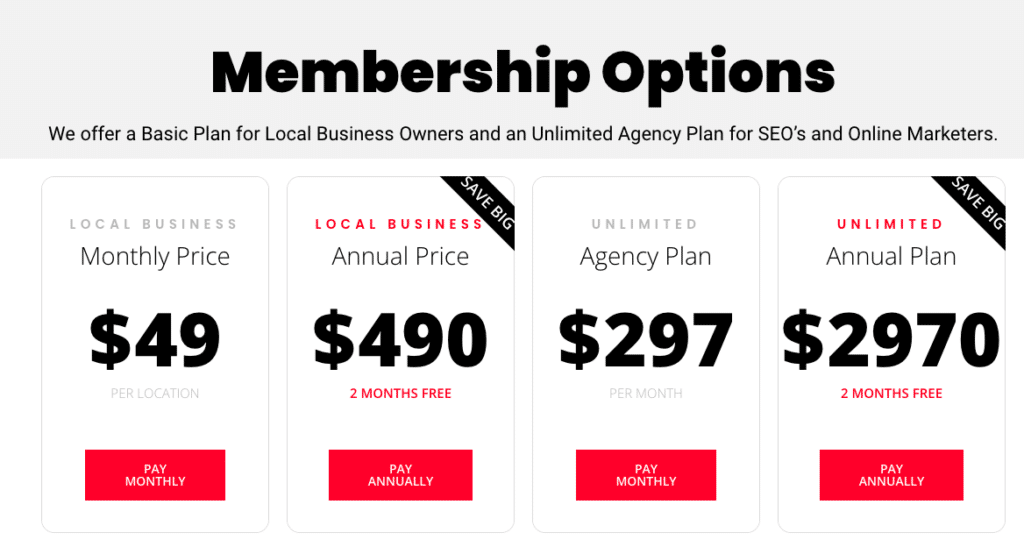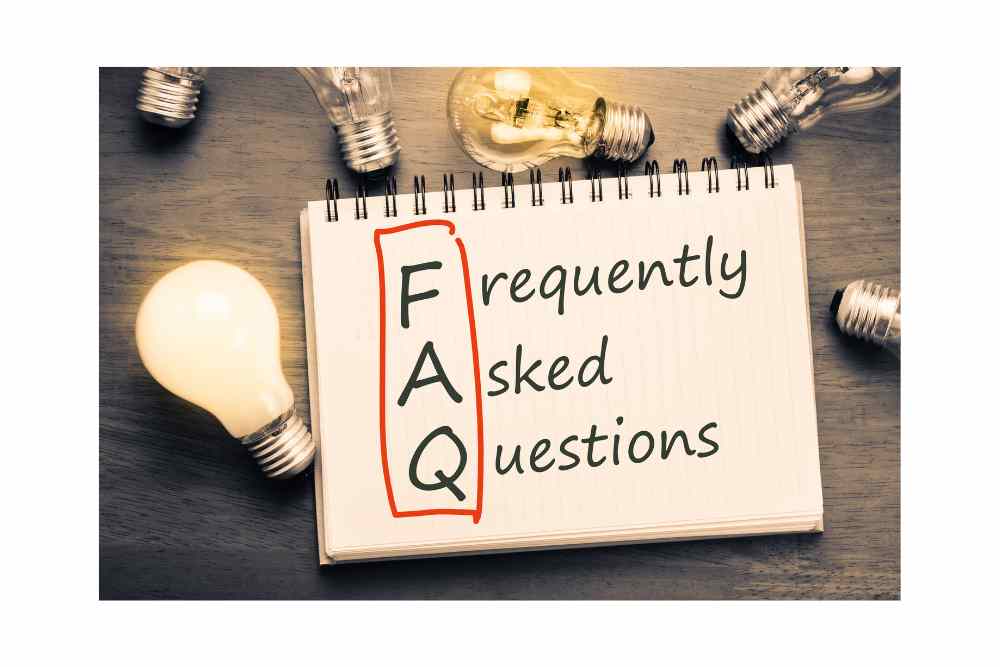Compare Business Listing Services Privacy

Business listing services have become an essential tool for businesses to establish their online presence and attract customers. These services allow businesses to create profiles on various platforms, such as search engines, directories, and social media sites, to ensure their information is easily accessible to potential customers. However, with the increasing concerns about privacy and data security, it is crucial for businesses to carefully evaluate and compare the privacy practices of different business listing services. In this article, we will explore the importance of privacy in business listing services and compare the privacy features of two popular platforms: Citation Vault and Competitor X.
The Importance of Privacy in Business Listing Services
Privacy is a fundamental right that individuals and businesses should have when sharing their information online. With the rise in data breaches and privacy scandals, consumers are becoming more cautious about the information they share and who has access to it. For businesses, maintaining the privacy of their data is not only crucial for protecting their customers’ information but also for safeguarding their own trade secrets and competitive advantage.
When evaluating business listing services, privacy should be a top consideration. Businesses need to ensure that the platform they choose has robust privacy measures in place to protect their data from unauthorized access, misuse, and breaches. Additionally, businesses should also consider how the platform handles user data and whether they adhere to privacy regulations, such as the General Data Protection Regulation (GDPR) in the European Union.
Get your FREE 14 DAY TRIAL for over 300 local citations. Click below!

Citation Vault: A Local Citation Service with Strong Privacy Features
Citation Vault is a local citation service that automates 300 local citations for any business. It offers a range of privacy features that make it a reliable choice for businesses looking to protect their data.
Data Encryption and Security
Citation Vault takes data security seriously and employs industry-standard encryption protocols to protect the information businesses provide. All data transmitted between the user’s browser and the Citation Vault servers is encrypted using Secure Sockets Layer (SSL) technology. This ensures that sensitive information, such as business addresses and contact details, cannot be intercepted or accessed by unauthorized parties.
In addition to encryption, Citation Vault also has robust security measures in place to prevent unauthorized access to its servers. It regularly updates its security systems and conducts vulnerability assessments to identify and address any potential weaknesses.
Privacy Policy and Data Handling
Citation Vault has a comprehensive privacy policy that outlines how it collects, uses, and protects user data. The privacy policy clearly states that Citation Vault does not sell or share user data with third parties for marketing purposes. It only uses the data provided by businesses to create and manage their local citations.
Furthermore, Citation Vault adheres to privacy regulations, such as the GDPR, and provides users with control over their data. Businesses can request the deletion or modification of their information at any time, ensuring they have full control over their online presence.
Competitor X: A Business Listing Service with Privacy Concerns
Competitor X is another popular business listing service that offers similar features to Citation Vault. However, it has raised privacy concerns due to its data handling practices.
Lack of Encryption
Unlike Citation Vault, Competitor X does not provide end-to-end encryption for user data. This means that the information businesses provide may be vulnerable to interception and unauthorized access. Without encryption, businesses run the risk of their data being compromised, potentially leading to identity theft or other privacy breaches.
Data Sharing with Third Parties
Competitor X has been known to share user data with third parties for marketing purposes. This raises concerns about the privacy of businesses’ information and the potential for unsolicited marketing communications. Sharing data with third parties without explicit consent from users can erode trust and compromise the privacy of businesses and their customers.
Conclusion
When comparing business listing services, privacy should be a top consideration for businesses. Citation Vault stands out as a reliable choice with its strong privacy features, including data encryption, a comprehensive privacy policy, and adherence to privacy regulations. On the other hand, Competitor X raises concerns with its lack of encryption and data-sharing practices.
By choosing a business listing service like Citation Vault, businesses can ensure the privacy and security of their data, protecting both their customers and their own interests. Privacy is not just a legal requirement but also a trust-building factor for businesses in the digital age. With the increasing emphasis on data protection, businesses that prioritize privacy will gain a competitive advantage and build stronger relationships with their customers.
So, when considering business listing services, remember to prioritize privacy and choose a platform like Citation Vault that puts data security and privacy at the forefront.
This article is for informational purposes only and should not be considered legal or professional advice. Please consult with a legal professional for guidance on privacy and data protection matters.
References:
- Citation Vault – A local Citation service that automates 300 local citations for any business. (https://www.citationvault.com/)
Frequently Asked Questions

How do different business listing services handle the data I provide, and what are the implications for my business’s privacy?
Different business listing services have distinct policies for handling the data you provide, impacting your business’s privacy. The main factors include:
Data Storage and Encryption: Services with robust security measures will encrypt your data both in transit and at rest, protecting your information from potential breaches. Always look for services that use high-level encryption and have clear policies about data storage.
Third-Party Sharing: Some services may share your data with third parties for various reasons, including marketing or the provision of additional services. It’s crucial to understand a platform’s third-party sharing policies before you sign up. Opt for platforms that allow you to control what you share and with whom.
Data Collection Practices: Pay attention to the types of data collected. Some platforms might request only basic business details, while others may require more sensitive information. Always provide the minimum amount of data necessary for your listing.
To fully grasp the implications for your business’s privacy, always read the service’s privacy policy, terms of service, and any related documentation or seek clarity from their support team.
Can I control who sees my information on these platforms, and how do privacy settings compare across different services?
Control over who sees your information varies across business listing services. Most platforms will display your business information publicly, but the level of control you have beyond that depends on the service’s privacy settings. When comparing services, consider:
Privacy Settings: Some platforms offer detailed privacy settings that allow you to control what information is visible and who can see it. Look for services that provide flexibility in privacy settings, ensuring you can make the right choices for your business.
Opt-Out Features: The best services provide options to opt-out of certain features, like data sharing with third parties, or mechanisms to make your listing less visible to a broader internet audience.
Customer Support: Platforms with proactive customer support can assist in swiftly making changes or addressing concerns about your information’s visibility.
Always explore the platform’s privacy features, or reach out to customer service to understand how you can control your business information’s visibility.
What happens to my data if I choose to end my subscription or delete my account from these business listing services?
The treatment of your data after you end a subscription or request an account deletion is a crucial privacy aspect, and policies can vary significantly between services:
Data Retention Policies: Some services may retain your information for a specific period, following legal requirements or internal data policies. Clarify how long the platform keeps your data after account deletion and for what purposes.
Complete Deletion: Seek services that allow a complete and permanent deletion of your data upon request, ensuring no traces are left behind or repurposed without your consent.
Third-Party Data Sharing: Understand if any data shared with third parties can be retracted or deleted. Some services might provide mechanisms to request the removal of your data from third-party databases.
Before you list your business, understand the platform’s policies on account termination, and choose a service that aligns with your comfort regarding data retention.
How transparent are business listing services about changes in privacy policies, and how can I stay informed?
Transparency about changes in privacy policies differs among business listing services. The most reputable services take the following measures to ensure their users are well-informed:
Notification Policies: These platforms commit to notifying users of any changes in privacy policies, usually via email or through notifications within the service dashboard.
Accessible Language: Look for services that provide their policies in clear, straightforward language, avoiding complex legal jargon that can often be misleading.
User Feedback Incorporation: Some platforms will solicit feedback regarding policy changes, demonstrating a commitment to user privacy and data security concerns.
To stay informed, subscribe to any policy update notifications, regularly check the relevant sections of the platform, and maintain direct communication lines with the service provider.
Are there recognizable certifications or standards I should look for in business listing services to ensure they follow good privacy practices?
Yes, certain certifications and standards indicate a business listing service’s commitment to upholding strong privacy practices:
ISO/IEC 27001: This is one of the most widely recognized certifications for information security management. A platform with this certification has met rigorous international standards in data security.
EU-US Privacy Shield (though invalidated, adherence indicates a certain level of commitment): While this framework has been invalidated, companies that continue to follow its principles demonstrate a commitment to protecting user data.
GDPR Compliance: For businesses in Europe or serving European clients, GDPR compliance is mandatory. It indicates the platform follows the EU’s strict data protection regulations.
Other Local Certifications: Depending on your location, local certifications or compliance standards might be relevant, indicating the platform’s adherence to recognized privacy standards.
Such certifications are usually prominently displayed on the service’s website, typically in the footer, “About Us,” or in their “Privacy Policy” section. They signify the platform’s commitment to data protection and user privacy.
- Compare Business Listing Services Privacy
- local business listings
- local canadian citations
- local citations






